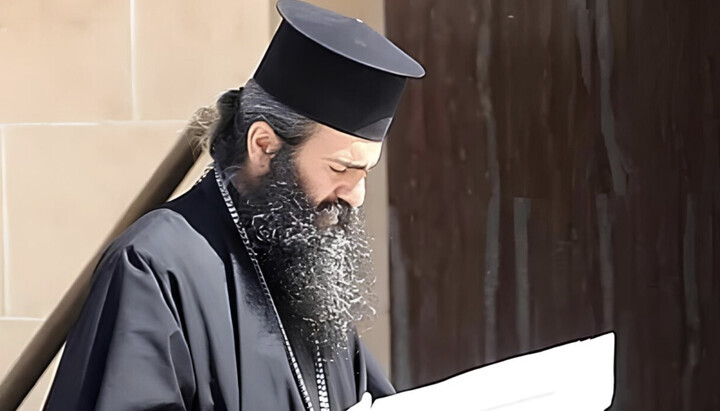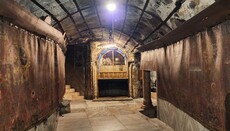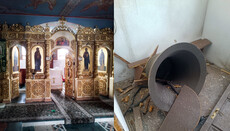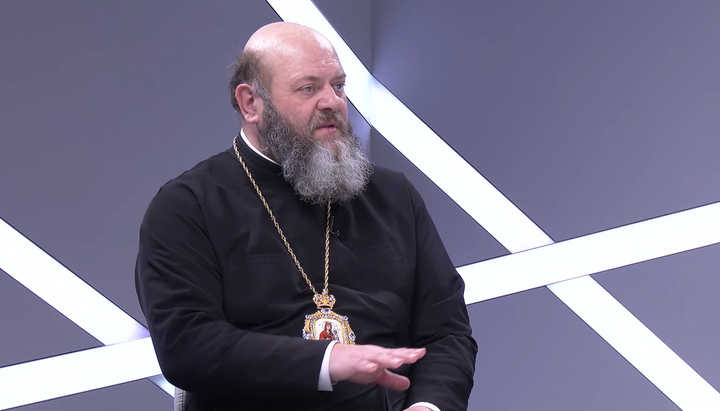Israeli Settlers Continue Assault on Palestinian Christian Community
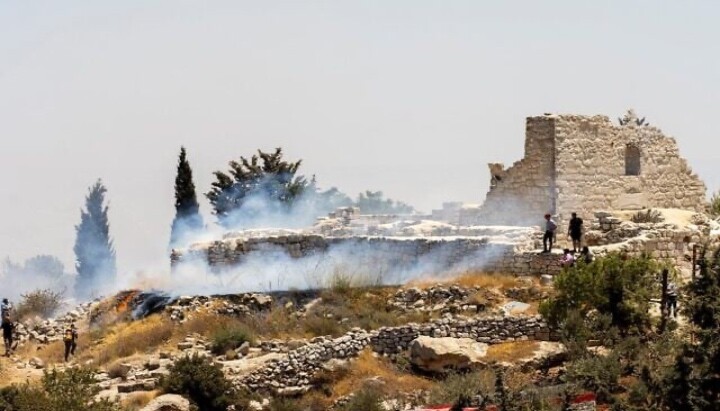
The attacks prompted an urgent appeal from local faith leaders, asking for investigation and support.
TAYBEH — Continued attacks from illegal Israeli settlers in the Palestinian Christian community of Taybeh have decimated the ancient village, with multiple people shot dead, several homes and vehicles destroyed, and fires lit at various sites.
Locals say that settler violence has increased in severity since the war in Gaza began, and that, during the most recent attacks, Israeli forces prevented medical crews from reaching the wounded and obstructed fire crews from entering the village for several hours.
According to reporting from Independent Catholic News, following a rampage through Taybeh and the neighboring village of Kafr Malik, billboards were put up that read, “There is no future for you here.” This, and multiple other incidents, have prompted local Christian leaders to issue a formal letter.
In an official statement entitled, “Statement by the Priests of the Churches of Taybeh – Ramallah/Palestine Regarding the Repeated Attacks by Settlers on Land, Holy Sites, and Property,” Fr. Daoud Khoury of the local Greek Orthodox Church, Fr. Jack-Nobel Abed of the local Melkite Greek Catholic Church, and Fr. Bashar Fawadleh of the local Latin Rite Catholic Church spoke with one voice “on behalf of the people of our town and our parishioners to strongly condemn the ongoing and grave series of attacks targeting Taybeh.”
“On Monday, July 7, 2025, settlers deliberately set fire near the town’s cemetery and the historic Church of Saint George (Al-Khadr), dating back to the 5th century – one of the oldest religious landmarks in Palestine,” the statement says. “Were it not for the vigilance of local residents and the swift intervention of firefighting teams, the damage could have been far more catastrophic.”
The priests said that settlers continue to graze their cattle in Taybeh’s agricultural lands, including family-owned fields and areas near residential homes, without deterrence or intervention from the authorities.
“These violations go beyond provocation; they cause direct harm to olive trees – a vital source of livelihood for the people of Taybeh – and prevent farmers from accessing and cultivating their land,” the statement continues.
According to the statement, the eastern area of Taybeh has become an “open target for illegal settlement outposts that expand quietly under military protection.” The part of the village is the center of agricultural activity, and these outposts serve as a base for continued assault on the locals and the land.
“As priests, we bear a pastoral and moral responsibility toward our community,” the statement said. “We cannot remain silent in the face of these relentless attacks that threaten our very existence on this land. Taybeh – known in the Gospel as ‘Ephraim,’ the place to which Jesus withdrew before His Passion (John 11:54) – is the last remaining entirely Christian town in the West Bank. Its wholly Christian population represents a unique presence in the region, a living testimony that dates back to the time of Christ. This enduring spiritual and cultural legacy, preserved faithfully by the people of Taybeh across generations, is now at serious risk of erosion and displacement due to the systematic targeting of land, sacred places, and the local community.”
The priests then called upon local and international consuls, ambassadors, and church representatives, as well as any potential actors, to take the following actions:
1. Launch an immediate and transparent investigation into the incidents of arson and the ongoing assaults on property, agricultural land, and holy sites.
2. Apply diplomatic pressure on the occupying authorities to halt settler actions and prevent them from entering or grazing in Taybeh’s lands.
3. Dispatch international and church delegations to conduct field visits, document the damages, and bear witness to the deteriorating reality on the ground.
4. Support the people of Taybeh through economic and agricultural initiatives, and strengthen their resilience with effective legal accompaniment.
“We believe that the Holy Land cannot remain alive without its indigenous people,” the statement concludes. “Forcibly removing farmers from their land, threatening their churches, and encircling their towns is a wound to the living heart of this nation. Yet we remain steadfast in our shared faith and hope – that truth and justice will ultimately prevail.”
According to Independent Catholic News, Israel has built around 160 settlements housing roughly 700,000 Jews since it occupied the West Bank and East Jerusalem in the 1967 Six Day War.
Nadim Khoury, who is owner of the first brewery in Palestine and whose family has lived in Taybeh for more than 700 years, told OSV News that people don’t know what to do or who to complain to if the government is on the side of the settlers.
“Nothing is left for us except hope,” he said. “We pray so hard for peace and prosperity in this area. We have deep roots in this area. We cannot give it up. We must keep fighting for it.”

